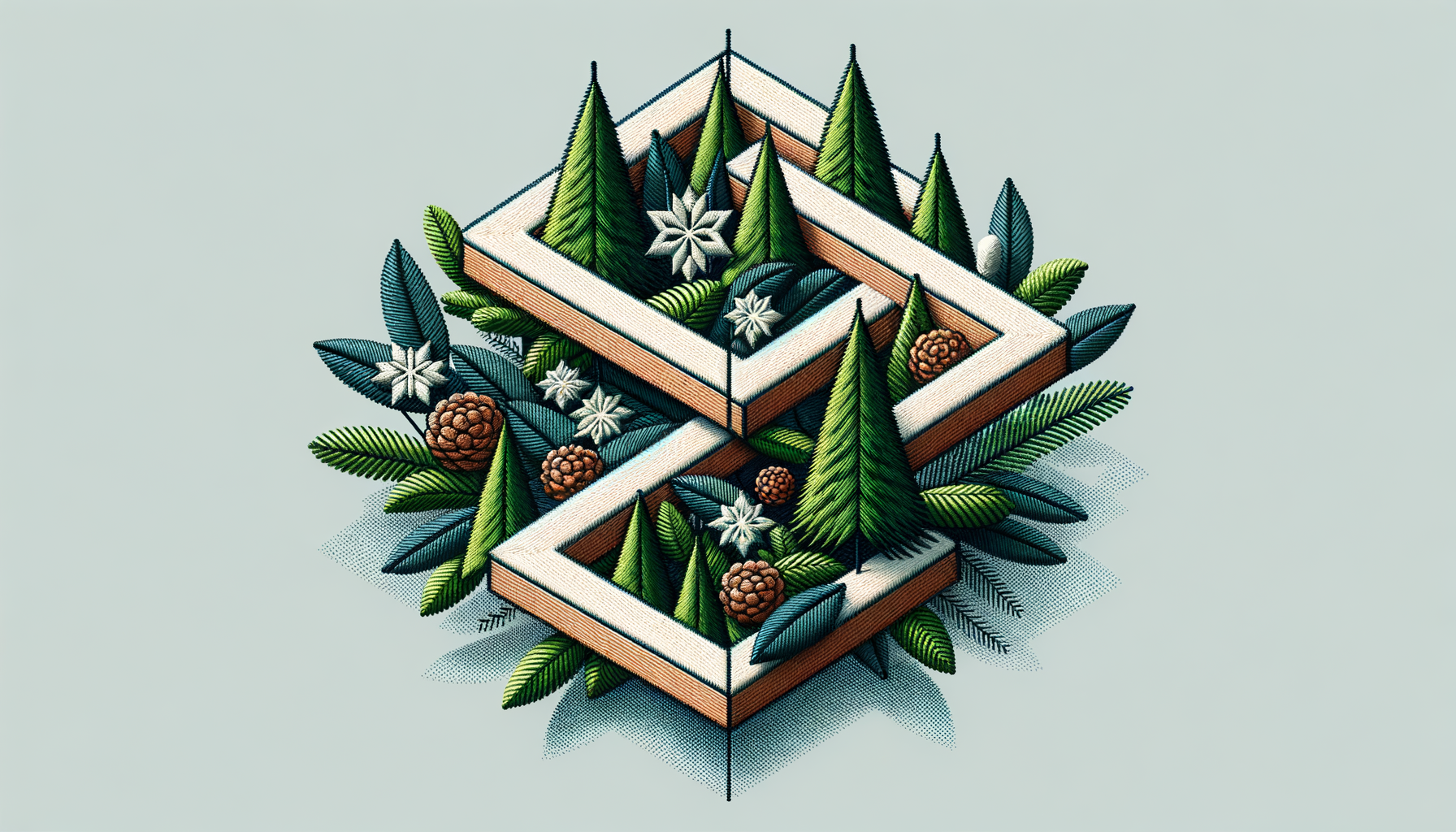It’s complicated—that’s the easiest way to describe how I feel about where I grew up. Coeur d’Alene, Idaho, is painted in postcards as a glittering lake town, a pine-scented paradise, a quiet retreat for Pacific Northwestern wanderers. And don’t get me wrong: there’s truth in those glossy pictures. But no one talks about how small-town living can also feel snug in the way of too-tight shoes. Sure, it’s cozy—but how long before you’re desperate to kick them off?
I learned the art of love and a little side-serving of rebellion here, against the backdrop of endless summers and mountains that don’t care about your troubles. And yet, when I think about Coeur d’Alene, my memories carry the bittersweet aroma of nostalgia mingled with frustration—like brewing campfire coffee over an open flame: rich, but bitter, and laced with a sprinkle of ash if the wind kicks up.
The Warmth of Roots: What I Love About "Home"
Coeur d’Alene spoils you. I mean, really. It serves up sunsets over the lake so fiery they look like the third act of an indie romance—the kind where everything finally comes together. The mountain air hums with a kind of purity that makes city-dwelling friends return to wherever they came from, convinced they spent the weekend inside a Hallmark movie. Growing up, I didn’t fully appreciate it, of course. When you live somewhere enveloped in natural beauty, it tends to become wallpaper—you don’t think much of it until someone else points it out.
The community, too, has its own undeniable pull. Everyone knows everyone—or at least they know your parents, your siblings, and that thing you did at prom junior year. Gestures of kindness aren’t grand or performed for clout; they’re baked into everyday life. Got a flat tire? Before you dig out your phone to call AAA, a neighbor has already pulled over with a tire iron. Dropped your wallet at the café? It will be back in your hands before sunset, with nothing missing—save maybe a Post-it note that says, “Stay hydrated.”
For me, growing up here meant learning to treasure simple joys. I spent hours wandering the pine forests that frame the lake, discovering that the world around me could be both extraordinary and ordinary at the same time. It was good training for adulthood—the realization that finding beauty doesn’t need much beyond paying attention. Want romance? Try standing knee-deep in a wildflower meadow at golden hour.
Beneath the Gloss: What Makes "Home" Complicated
But then there’s the other side of Coeur d’Alene—the side most people don’t talk about unless you’ve lived here too long. The intimacy of a small town can sometimes feel suffocating. Everyone might know your name, but they aren’t all cheering for you. We all grew up breathing the same air, which sometimes means people expect you to be the same person forever. And let me tell you, nothing stokes the fire to leave like being told—lovingly, of course—that you shouldn’t.
Dating here? That’s where things get particularly dicey. Think of a reality show in which all the contestants are somehow all cousins, neighbors, or exes. You’re weighed down by layers of shared history. That nice guy you met at the farmer’s market? Your college roommate dated his older brother. That funny, flirty stranger you click with online? You swiped right on a second cousin. You don’t even need the modern horrors of being ghosted when your date will undoubtedly show up again—at the grocery store, the bank, or your aunt’s Christmas party.
And let’s not sugarcoat this: small towns like mine have blind spots. Diversity, in culture or experience, doesn’t come easy when new faces are rare and change feels like someone rearranging your living room furniture while you’re still sitting on the couch. Sometimes, it felt like Coeur d’Alene resisted me before I’d even had a chance to figure myself out, blissfully circling the same old patterns while I fidgeted to break free.
This push and pull—the breathtaking scenery, the tight-knit community, the cozy-yet-confining culture—shaped my identity. Like every complicated romance, my relationship with my hometown is filled with both frustration and gratitude. And I couldn’t wait to leave.
Flying the Nest: Moving Away to Find Myself
When I left for college in Montana, I was ready for an adventure. No one knew my name—or my parents’ resort. Overnight, I went from the kid who was supposed to babysit someone’s nephew to the girl who nobody understood yet. Rooms buzzed with anonymity, and for the first time, I felt exhilarated by the blank slate of it all.
Leaving Coeur d’Alene wasn’t just geographical for me; it was about breaking an emotional tether. When you grow up in a town where everyone has known each other since their stroller days, you forget what it means to reinvent yourself. I’ve heard it said that dating in your hometown feels like flipping through the same old vinyl collection—not bad, but no flipping surprises. But moving away? That let me throw out the whole playlist and discover my own soundtrack.
I met new perspectives, different cultures, and people whose life stories I couldn’t predict. I started answering the question, “Where are you from?” with an unexpected pride. I realized that what Coeur d’Alene gave me wasn’t something to flee from; it was something to integrate into myself. My roots didn’t need to entangle me—they could anchor me, instead.
Coming Back: When Love (Eventually) Brings You Home Again
After grad school, I returned—not for the romance, per se, but for the familiarity. It surprised me. If my younger self could see me now, stomping along the shoreline and running into old classmates at the lumberyard, she’d think I’d lost my mind. But there’s a funny thing about hometowns: no matter how complicated your relationship is with them, they tend to cling to you like pine sap.
I told myself it was temporary, that I’d only stay long enough to figure out my next move, but Coeur d’Alene had other plans. It’s strange how the shores of a childhood lake can force you into a kind of slow reckoning. Time here softens what used to irritate me. The simplicity I once found dull now feels rich. Every pine-scented breeze reminds me how lucky I am to have grown up in a place people visit to escape their busy lives. And occasionally, returning means bumping into faces of the past, ones you thought you’d forgotten, and realizing how these connections—however small—will always matter.
Sure, I still feel that familiar “get me out of here” itch on occasion; you can’t shake the restless heart of an adventurer. But I’ve learned not to dismiss what Coeur d’Alene represents—a solid foundation of belonging, a sense of history and place that sometimes feels rare in our fast-moving world. And even the quirks—the small-town gossip, the endless karaoke nights at the local bar—make me smile in ways I never saw coming.
What "Home" Teaches Us About Ourselves
Our relationship with “home” isn’t unlike our relationships with people. It’s messy, it’s layered, and it’s probably not all good or all bad. But just as we strive to accept and love the people who mold us, I think we have to make peace with the places that have shaped us, too.
So if you’re someone still sorting out your love/hate relationship with your hometown, let me just say this: it’s okay. It’s normal to feel like you don’t fully belong, even in the place that built you. Push yourself to explore new horizons—it’s the only way to discover who you are outside those familiar streets. And when (if) you return, let it be because you’ve chosen to, not because you couldn’t find the exit. It’s the difference between something that feels like a trap and something that feels like an anchor.
As for me? I’ll keep caring for the land I once wanted so badly to escape, learning that maybe home doesn’t always need to be perfect. Like any relationship worth keeping, it just has to feel like it’s yours.




















